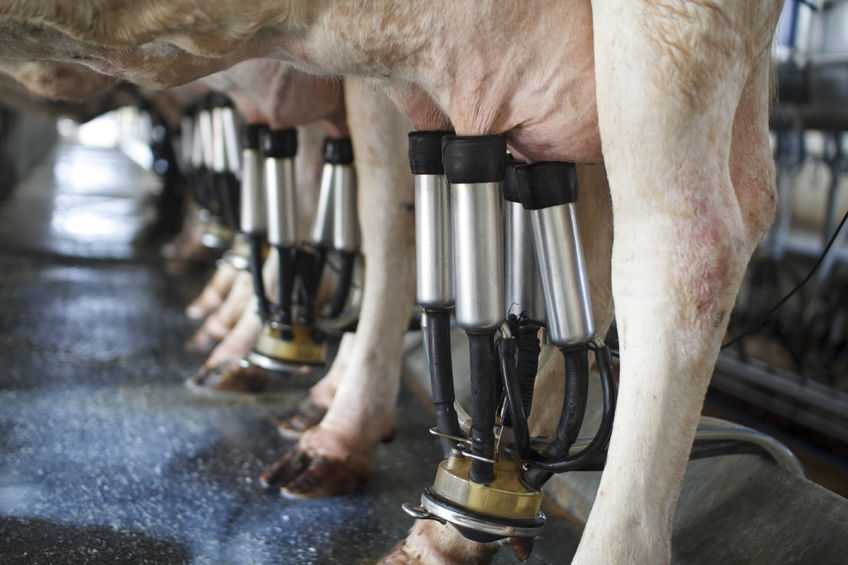
The upcoming consultation on the introduction of mandatory milk contracts with minimum standards is a “unique and tremendously significant opportunity”, according to a farming union.
The Government is expected to launch a consultation in the new year looking at the introduction of mandatory contracts between suppliers and buyers.
Under plans outlined in the Agriculture Bill, the new contracts will replace the current voluntary code to create a “fair dealing with agricultural producers”, Farming Minister George Eustice said last month.
NFU Scotland believes a chance to change the system will not be offered again.
Vice President, Gary Mitchell said: “This may be more significant than Brexit as 90 per cent of a dairy farmer’s income is directly driven by the terms of their contract rather than support.
“The opportunity to be offered by the UK and devolved Governments recognises that the dairy supply chain does not represent a balanced, fair refection of the vital part played by producers.
“Some processors will not agree, but there is a strong case to be made that an efficient, competitive dairy sector can only be achieved by an understanding that all in the chain rely on each other, and a fair share of risk and reward must be established.”
He added: “Discretionary, imposed pricing; volume management and other important terms should not be forced on milk producers without agreement any longer.”
Common Market Organisation
The options are likely to be complex, but the UK farming unions have already completed significant research with the help of experts into possible changes for the dairy sector.
But Mr Mitchell said there is “enormous potential” in developing a UK dairy system based on the EU's Common Market Organisation (CMO).
CMOs are designed to monitor EU agriculture markets. The original aim was to provide farmers with a steady income and European consumers with secure food supplies.
“We urge farmers and processors to engage and be open to the logical, reasoned argument. The Unions want to use this initiative as a catalyst,” Mr Mitchell added.
“Once the consultation is formally launched, we will engage with our members in the months ahead as a priority to explain the options in an open and transparent manner, develop views and articulate these to government and processors.”
